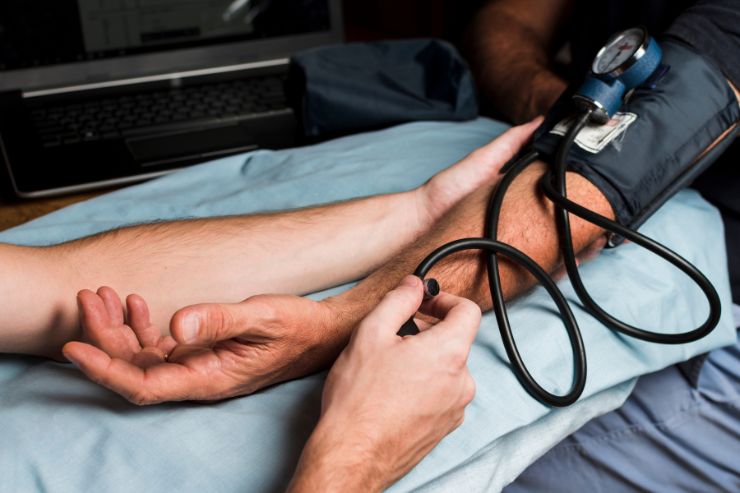
BP-Related Kidney Disease, also known as Hypertensive Nephropathy, occurs when high blood pressure (BP) damages the kidneys. The kidneys play a vital role in filtering waste from your blood and regulating fluids in your body. When blood pressure is consistently high, it puts extra stress on the blood vessels in your kidneys, causing damage over time.
How Does High Blood Pressure Affect Your Kidneys?
High blood pressure causes the blood vessels in the kidneys to thicken and narrow. This restricts blood flow and reduces the kidney’s ability to filter waste properly. Over time, untreated high blood pressure can lead to kidney scarring, protein loss in the urine, and eventually chronic kidney disease (CKD) or even kidney failure.
Signs and Symptoms of BP-Related Kidney Disease
In the early stages, there may be no noticeable symptoms. As the disease progresses, you might experience:
Who is at Risk?
High blood pressure is a leading cause of kidney disease. You’re at higher risk if:
Prevention and Management
The best way to protect your kidneys is to keep your blood pressure under control. Here are some tips to help prevent BP-Related Kidney Disease: